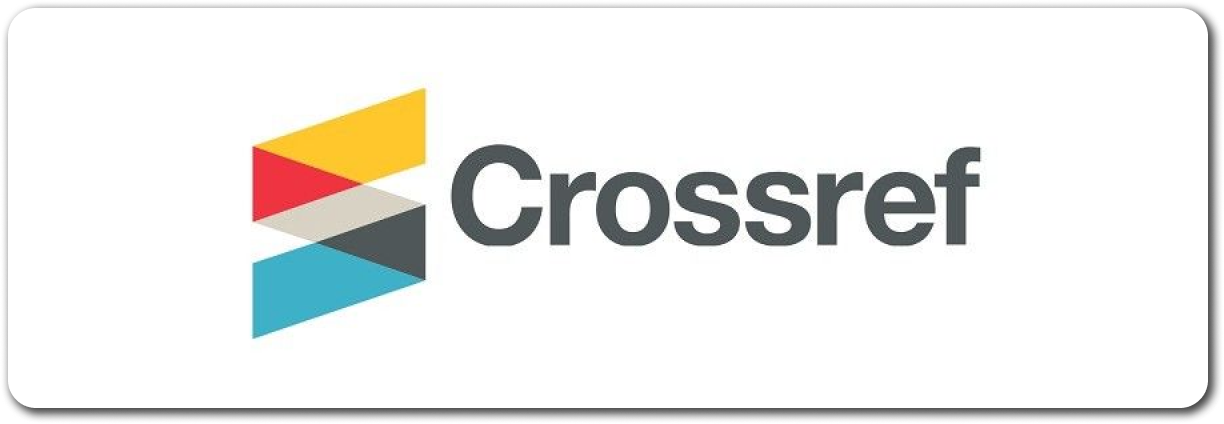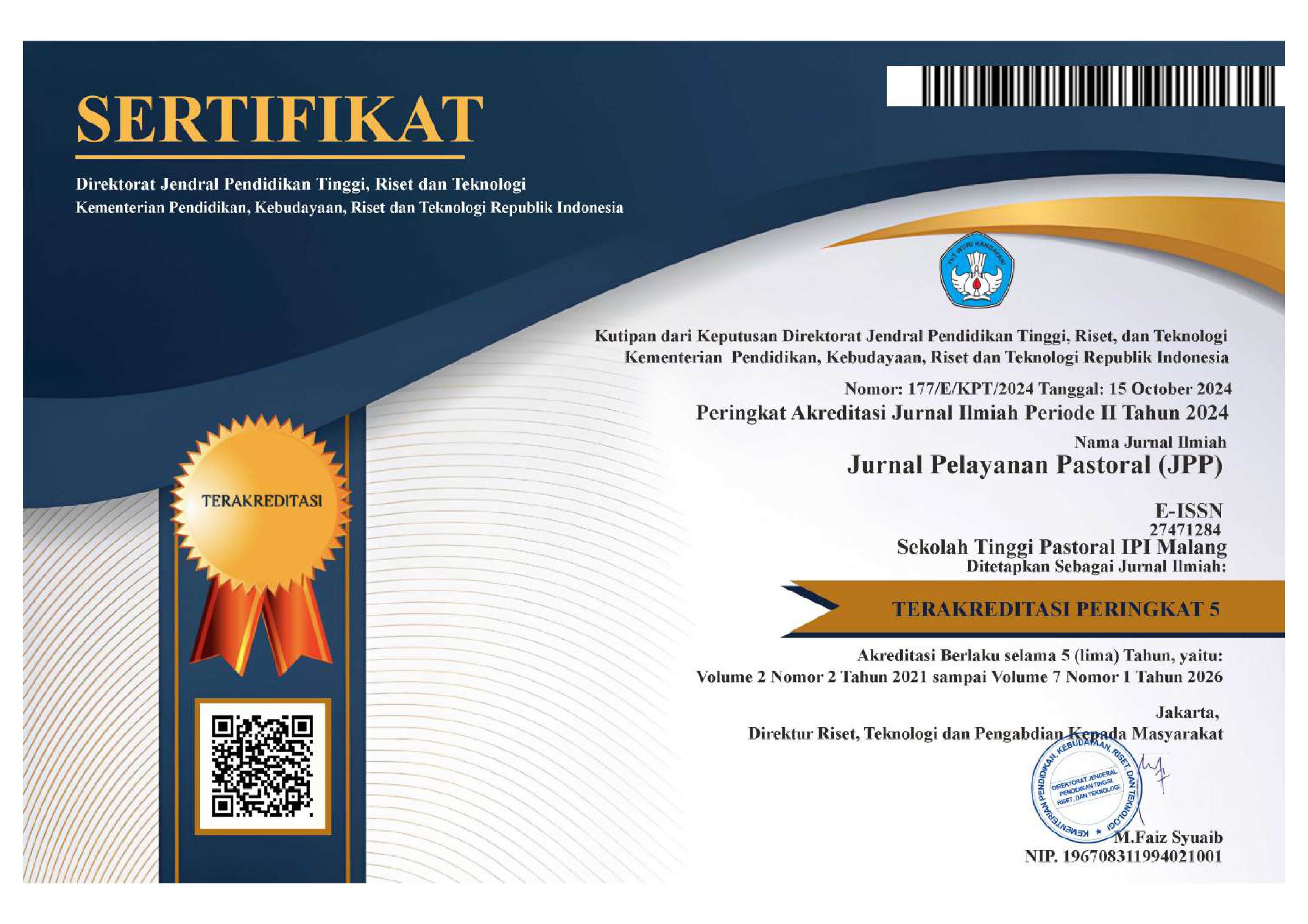Pemanfaatan Media AMIGO untuk Memahami Benda-benda Rohani Katolik bagi Tunanetra
DOI:
https://doi.org/10.53544/jpp.v6i2.723Keywords:
AMIGO, media taktil, pembelajaran inklusif, pendidikan agama katolik, tunanetraAbstract
Access to meaningful and equal Catholic religious education is still a challenge for blind students, especially in understanding visual and abstract liturgical symbols. The lack of inclusive tactile-based learning media leads to low participation and involvement of visually impaired students in religious learning, which should be a space for strengthening spiritual and moral values. This research aims to design and develop AMIGO (Compound Attributes of Faith in Object Images), in the form of word cards equipped with embossed images, Braille letters, and cautionary writing. The research method uses the ADDIE development model, which is focused on the Analyze, Design, and Develop stages. The design results show that AMIGO effectively integrates visual, tactile, and symbolic elements to help blind students recognize, palp, and understand the shapes and meanings of Catholic spiritual objects used in Eucharistic celebrations. This multisensory approach not only strengthens the cognitive understanding of visually impaired students, but also creates an inclusive learning atmosphere with attentive students. In addition to increasing Braille literacy in religious contexts, AMIGO is also a concrete embodiment of the principle of Universal Design for Learning (UDL) in Catholic education. Thus, the development of this media contributes to creating a religious education system that is equitable, equitable, and disability-friendly, and can be replicated for the development of broader inclusive learning
Downloads
Published
How to Cite
Issue
Section
License
Copyright (c) 2025 Jurnal Pelayanan Pastoral

This work is licensed under a Creative Commons Attribution-NonCommercial-NoDerivatives 4.0 International License.
All articles published in the Jurnal Pelayanan Pastoral (JPP) are licensed under the Creative Commons Attribution 4.0 International License (CC BY 4.0). This license allows anyone to copy, distribute, display, and adapt the published articles, for both commercial and non-commercial purposes, as long as proper credit is given to the original author(s) and the source.
By publishing in JPP, authors agree that:
- The article may be reused by others under the terms of the CC BY 4.0 License, provided appropriate attribution is given.
- Authors retain their moral rights to the published work.
- The Jurnal Pelayanan Pastoral (JPP) encourages authors to share their work through institutional repositories, personal websites, and other academic platforms.
For more information, please visit the official license page: https://creativecommons.org/licenses/by/4.0/















